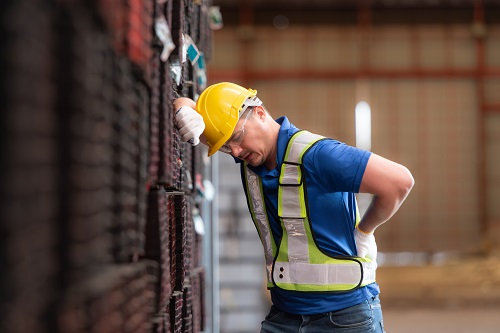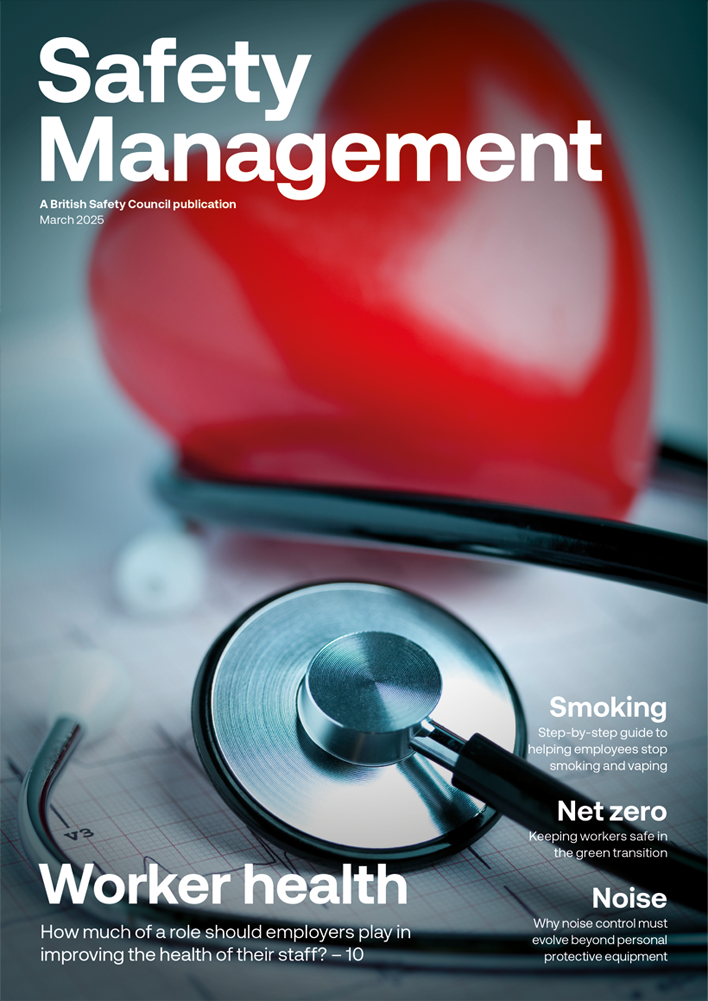Decades of failure and deregulation by governments and the “systematic dishonesty” of cladding manufacturers led to the “avoidable” deaths of 72 people in the Grenfell Tower fire in 2017, the scathing final report from a public inquiry into the disaster has concluded.
News
Grenfell Tower Inquiry sets out recommendations as chair blames ‘incompetence, dishonesty and greed’ for deadly fire
The report, published on 4 September, spreads blame for the fire among a wide range of parties – all of which “contributed in one way or another” to the disaster, “in some cases through incompetence and in others through dishonesty and greed”, the chair of the Grenfell Tower Inquiry, Sir Martin Moore-Bick, said as he presented the findings.
 Grenfell Tower Inquiry report: "The choice of combustible materials for the cladding of Grenfell Tower resulted from a series of errors caused by the incompetence of the organisations and individuals involved in the refurbishment." Photograph: iStock
Grenfell Tower Inquiry report: "The choice of combustible materials for the cladding of Grenfell Tower resulted from a series of errors caused by the incompetence of the organisations and individuals involved in the refurbishment." Photograph: iStock
“We conclude that the fire at Grenfell Tower was the culmination of decades of failure by central government and other bodies in positions of responsibility in the construction industry to look carefully into the danger of incorporating combustible materials into the external walls of high-rise residential buildings and to act on the information available to them,” said the report.
Three manufacturers were singled out and criticised by the inquiry: Arconic Architectural Products, which manufactured and sold the Reynobond 55 PE rainscreen panels used in the external wall of Grenfell Tower; Celotex, which made the RS5000 combustible polyisocyanurate foam insulation; and Kingspan, which “falsely” marketed K15 insulation as having been BS 8414 tested for use in the external walls of buildings measuring more than 18 metres in height.
“One very significant reason why Grenfell Tower came to be clad in combustible materials was systematic dishonesty on the part of those who made and sold the rainscreen cladding panels and insulation products,” said the report, adding that these companies had engaged in “deliberate and sustained strategies to manipulate the testing processes, misrepresent test data and mislead the market”.
Certification bodies also came under fire in the report, namely the British Board of Agrément (BBA) and Local Authority Building Control (LABC), which had “failed to ensure that the statements in their product certificates were accurate and based on test evidence”, and UKAS, which had “failed to apply proper standards of monitoring and supervision”.
Those involved in the refurbishment of Grenfell Tower – architecture firm Studio E, project manager Rydon and contractor Harley Facades – were also criticised heavily for incompetence.
“The choice of combustible materials for the cladding of Grenfell Tower resulted from a series of errors caused by the incompetence of the organisations and individuals involved in the refurbishment,” said the report. “Studio E, Rydon and Harley all took a casual approach to contractual relations. They did not properly understand the nature and scope of the obligations they had undertaken, or, if they did, paid scant attention to them. They failed to identify their own responsibilities for important aspects of the design and, in each case, assumed that someone else was responsible for matters affecting fire safety.”
The Royal Borough of Kensington and Chelsea and the Tenant Management Organisation it appointed demonstrated “a persistent indifference to fire safety” in the years leading up to the fire, said the report. London Fire Brigade was also criticised for failing to adequately train its employees on the dangers of combustible building materials.
Warning signs were emerging “as early as 1991” about the risks posed by the use of combustible cladding panels and insulation, particularly to high-rise buildings, said the report, but successive governments failed to heed those warnings.
For instance, in the years that followed the deadly Lakanal House fire in 2009, “the Government’s deregulatory agenda, enthusiastically supported by some junior ministers and the Secretary of State, dominated the department’s thinking to such an extent that even matters affecting the safety of life were ignored, delayed or disregarded,” said the report.
“During that period, the Government determinedly resisted calls from across the fire sector to regulate fire risk assessors and to amend the Fire Safety Order to make it clear that it applied to the exterior walls of buildings containing more than one set of domestic premises,” it added.
The Grenfell Tower Inquiry makes a series of recommendations, including the introduction of a single construction regulator, who would report to a single Secretary of State. It also recommends the appointment of a chief construction advisor to that Secretary of State, and a revision of fire safety guidance. The Inquiry also calls for it to be a statutory requirement for a fire safety strategy produced by a registered fire engineer to be submitted before the construction or refurbishment of any higher-risk building.
On certifying materials, the report recommends that the construction regulator “should be responsible for assessing the conformity of construction products with the requirements of legislation, statutory guidance and industry standards and issuing certificates as appropriate”.
Responding to the report, British Safety Council chairman Peter McGettrick said: “We welcome the publication of the final report by the Grenfell Tower Inquiry. It is a sobering and comprehensive report which has brought forensic attention to the institutional failings that led to this tragedy, the responsibility for which must be shared across multiple stakeholders.
“Safety must be at the core of any changes, and we need to see an appropriate and proportionate response by all parties, which delivers on the recommendations in the Inquiry’s report and ensures greater clarity, transparency and professionalism at all levels. Progress has been made in the past seven years, especially in terms of new legislation and regulation on building safety and social housing, but there is clearly much more to do.
“The Inquiry’s recommendations build on this, and we look forward to the Government’s response and action to deliver on them.”
NEWS

Nation in declining health as UK marks pandemic anniversary
By Belinda Liversedge on 25 March 2025
Around one in seven (14 per cent) UK adults have experienced a long-term health condition because of the virus.

Review leader says “new era of workplace health” must solve long-term sick crisis
By Belinda Liversedge on 20 March 2025
Employers must “adapt with the times,” the leader of a major government review has urged, which confirms record numbers of people suffering from work-limiting health conditions and increasing joblessness due to mental ill health.

Intervention is key, says PwC as 4.4m more workers set to leave labour market
By Belinda Liversedge on 17 March 2025
Considering leaving work has "gone mainstream" says a new report, with one in 10 UK workers actively considering leaving work with mental health the main driver.



